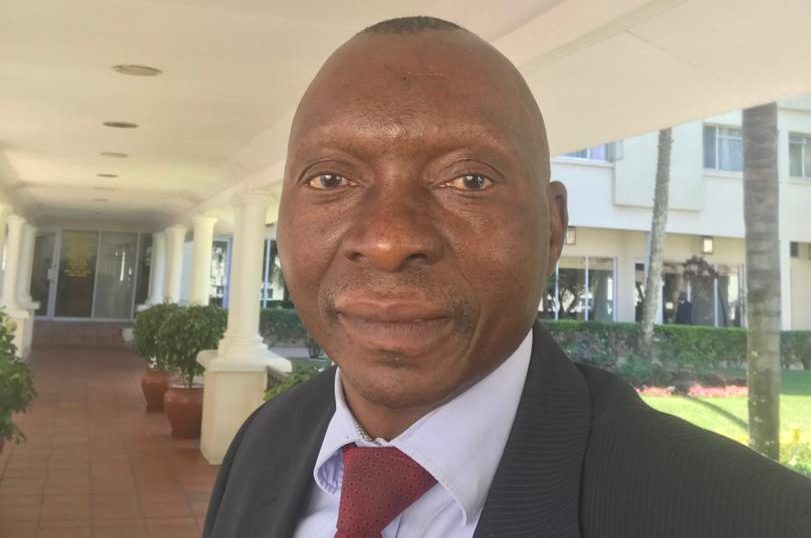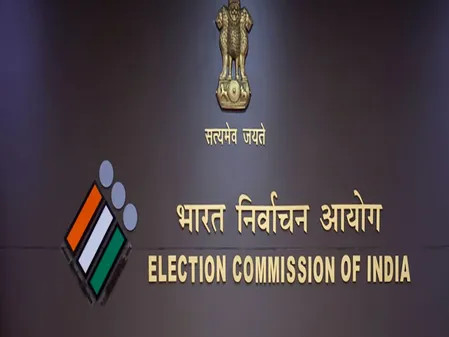By Lloyd Chitsulo
Copyright mwnation

Unofficial results from last Tuesday’s general election reveal that all parties except Malawi Congress Party (MCP) and Democratic Progressive Party (DPP) have so far polled less than 10 percent of the national vote.
The parties include UTM Party, People’s Party (PP), United Democratic Front (UDF), People’s Development Party (PDP), People’s Transformation Party (Petra) and their performance has sparked debate on their future with pundits giving different opinions.
But University of Malawi’s department of political and administrative studies senior lecturer Boniface Dulani said in an interview yesterday that the performance of the other parties in the election does not necessarily mean they are less important.
He said: “So, it is possible that even in any future government, if they have to reach a working majority in Parliament, they might need the support of these other small parties.
“Of course, one would hope that at some point there will be some serious debate about the electoral system we are using and how it penalises these so−called small political parties.”
Dulani said the First−Past−The−Post system favours large political parties that tend to win a disproportionate share of seats in the National Assembly.
He said: “If we had a proportional representation system, there would be a higher likelihood for smaller political parties to secure more seats [in Parliament].”
In a separate written response yesterday, political analyst Wonderful Mkhutche said small political parties have different futures.
“PP, UDF [United Democratic and Petra were built on the influence of their leaders—Joyce Banda, Atupele Muluzi and Kamuzu Chibambo—have a bleak future as the political demise of the leaders also means the same for the parties,” he said.
“Kondwani Nankhumwa’s PDP will find it difficult to make a mark because they lack political depth and appeal. Only the UTM Party has chances of growing in strength going forward.”
Mkhutche said UTM Party’s performance in Tuesday’s election was expected since it has new leadership. He, however, said its performance seems promising.
He said UTM Party needs strategic repositioning that resonates with the needs of Malawians.
“In 2030, they may have high chances of winning the election,” he said.
In the disputed 2019 Tripartite Elections, UTM Party—which made its debut under late Saulos Chilima’s leadership—scooped 20.24 percent of the votes. The party came third.
In a separate interview yesterday, political analyst Ernest Thindwa said underperformance of the small political parties was expected, especially in the presidential election.
He said: “In countries where variants of majoritarian electoral systems such as absolute majority [50−percent−plus−one] of First−Past−The−Post are in us, relevant parties generally tend to be reduced to two overtime.
“This is the case because in the in an attempt to make a vote count, citizens lean to engage in strategic voting—a scenario where a significant number of citizens do not vote for their preferred candidate with hardly a chance to win an election, but vote for a less objectionable party between parties with a chance to win an election.”
Thindwa said this collective electoral behaviour tends to amplify the strength of major political parties at the expense of minor political parties.
He said the situation is worsened when leaders of minor parties, as political entrepreneurs, are incentivised to ride on the strength of one of the major political parties with a chance to win an election than compete on their own party ticket without a chance to win an election.
As such, Thindwa said given the current electoral system, Malawians must expect a declining trend on the number of relevant parties.
“That is, parties with a chance to win an election,” he said.



